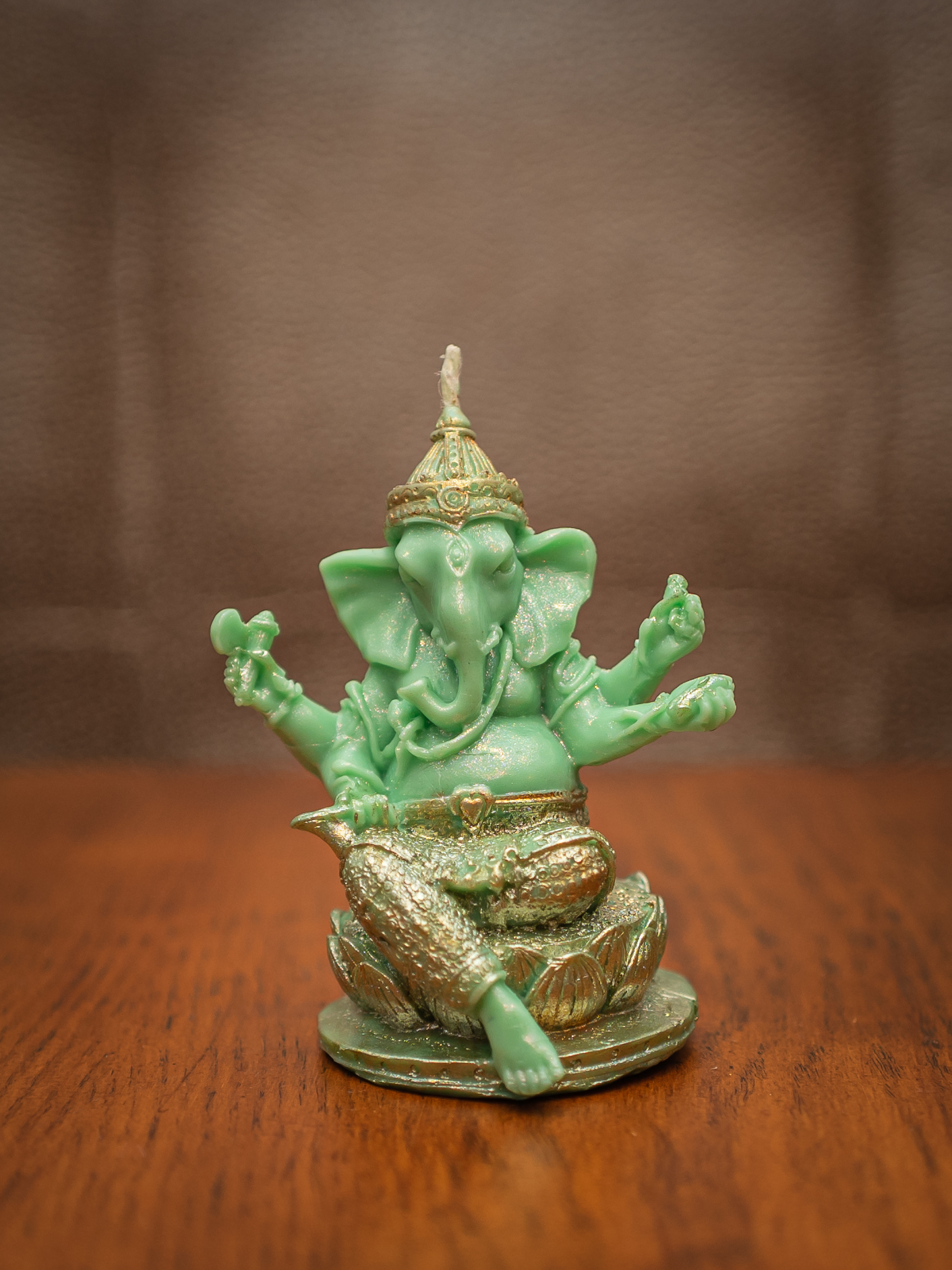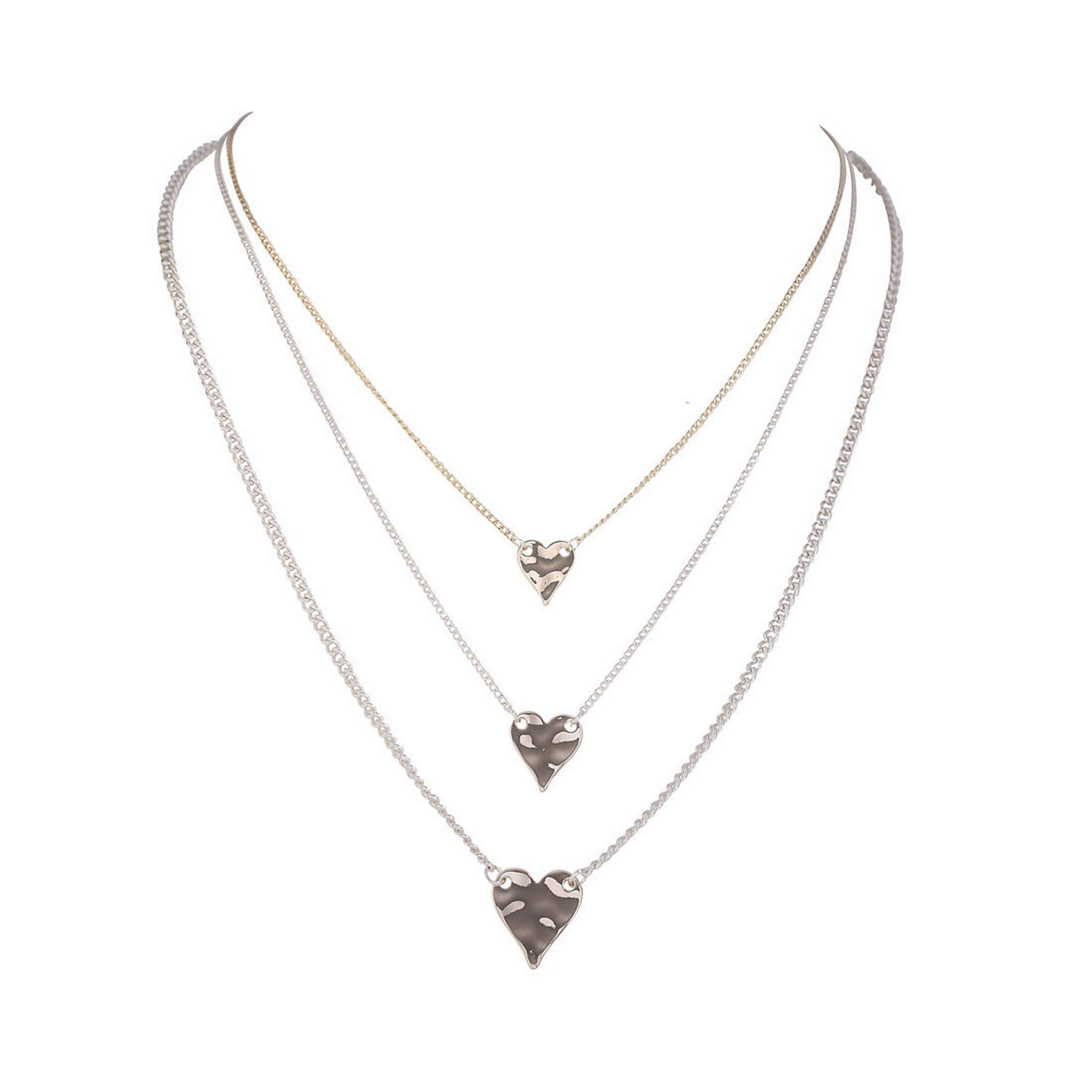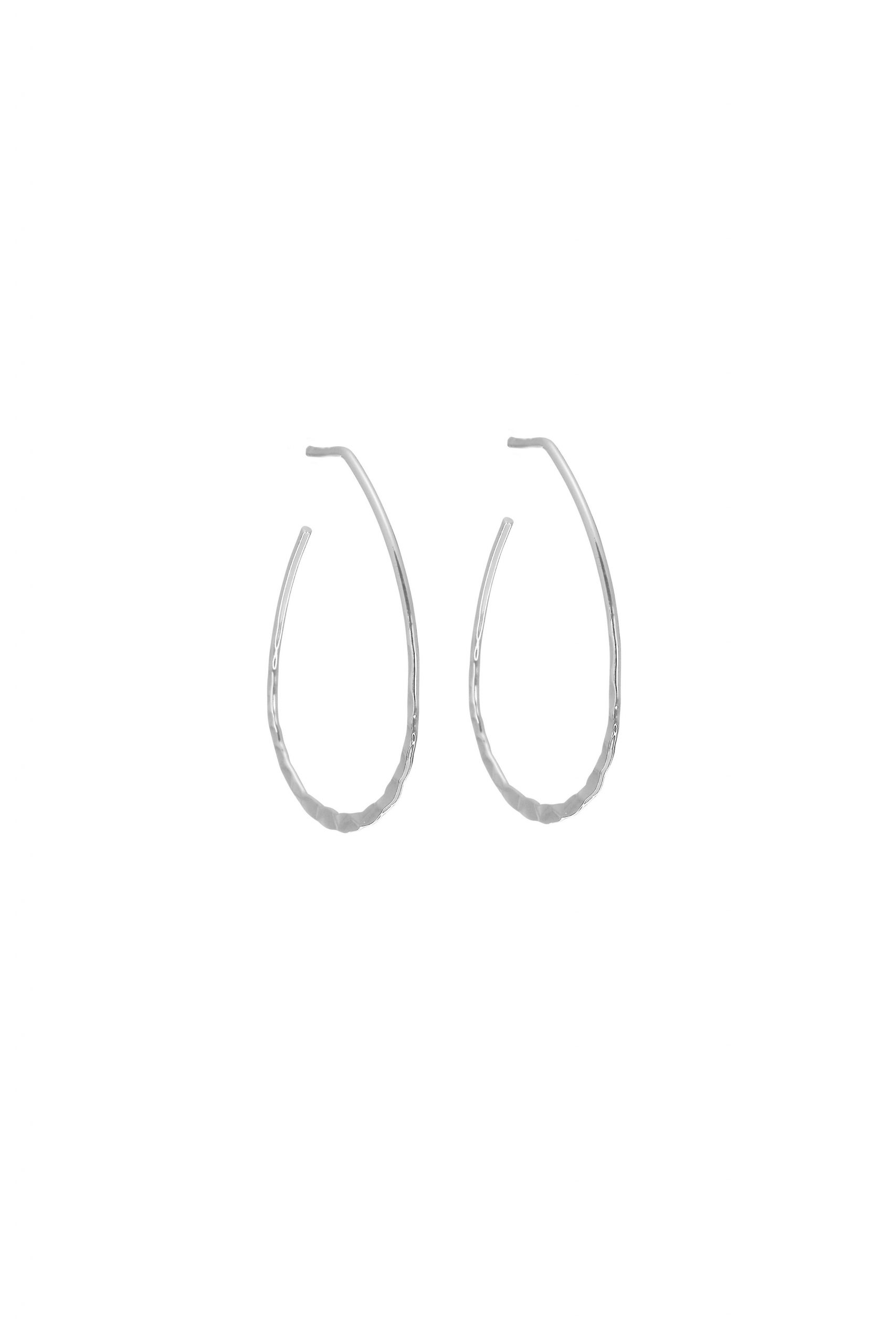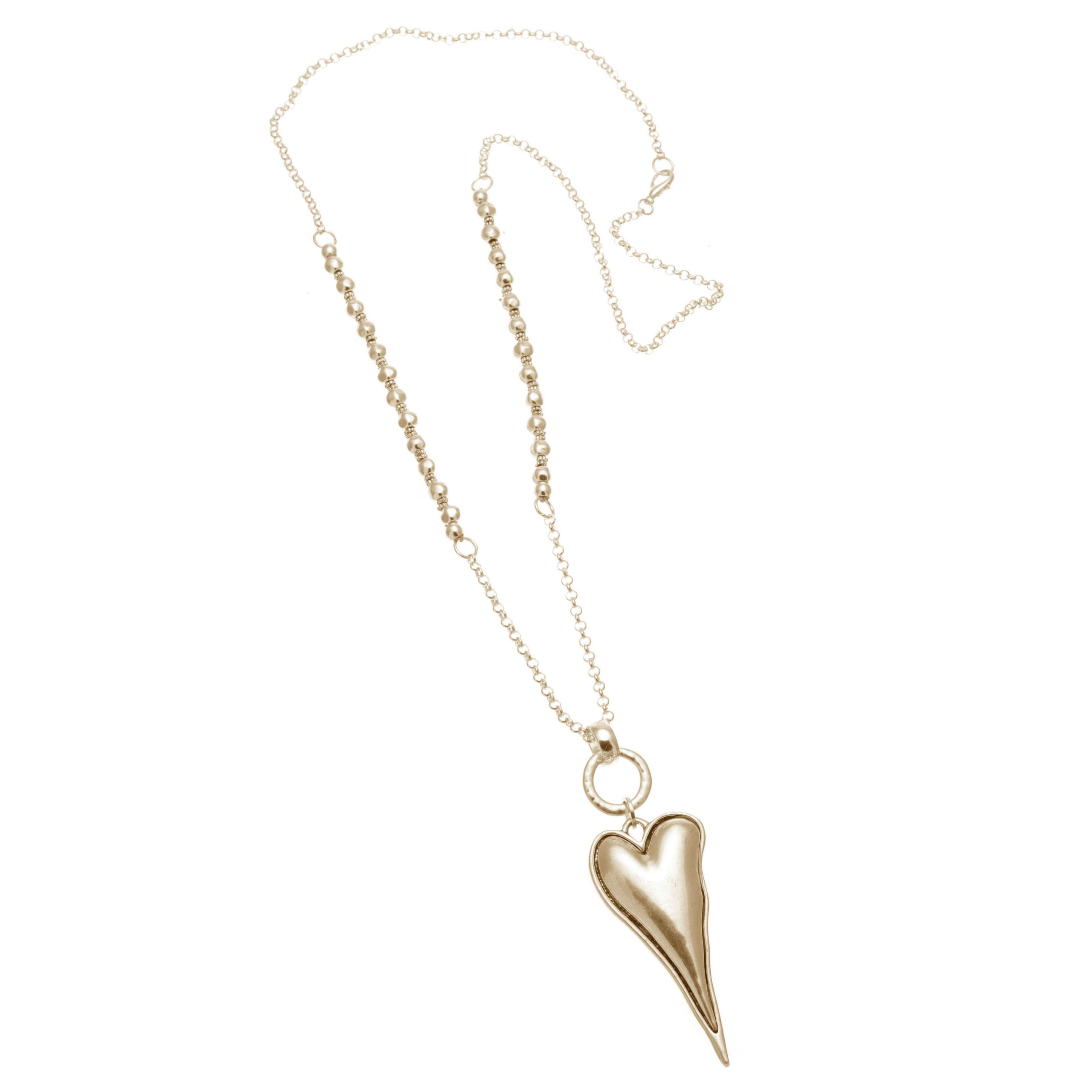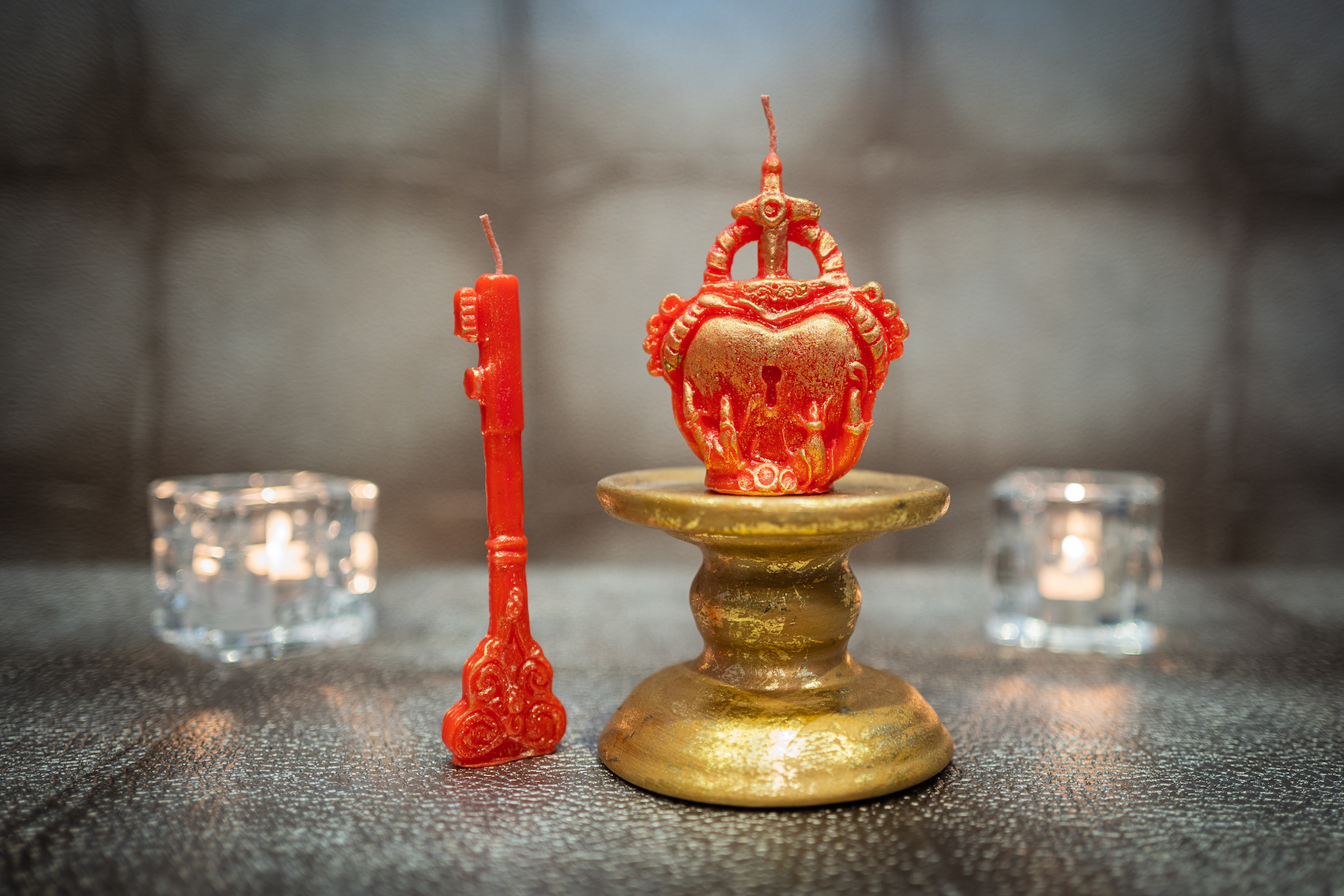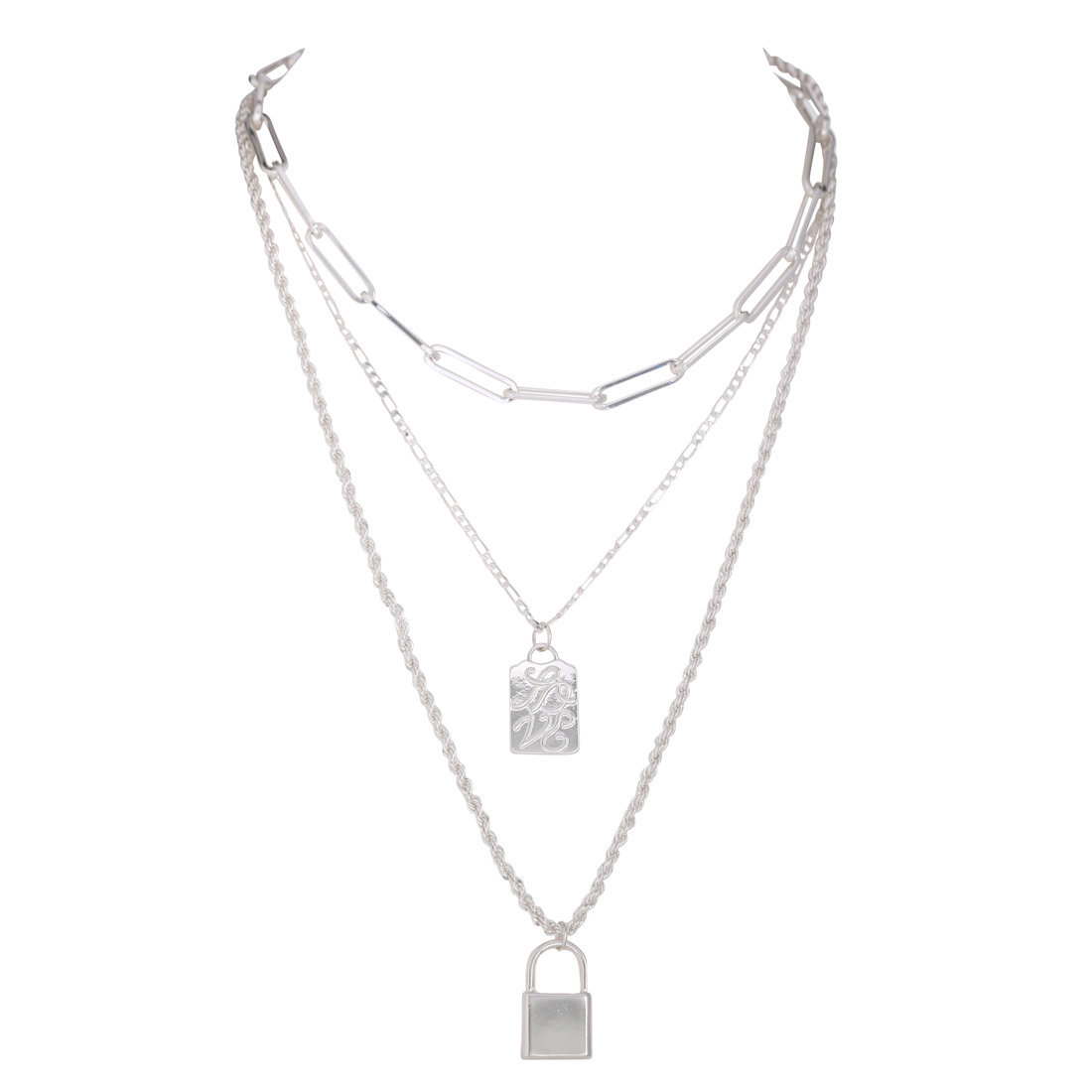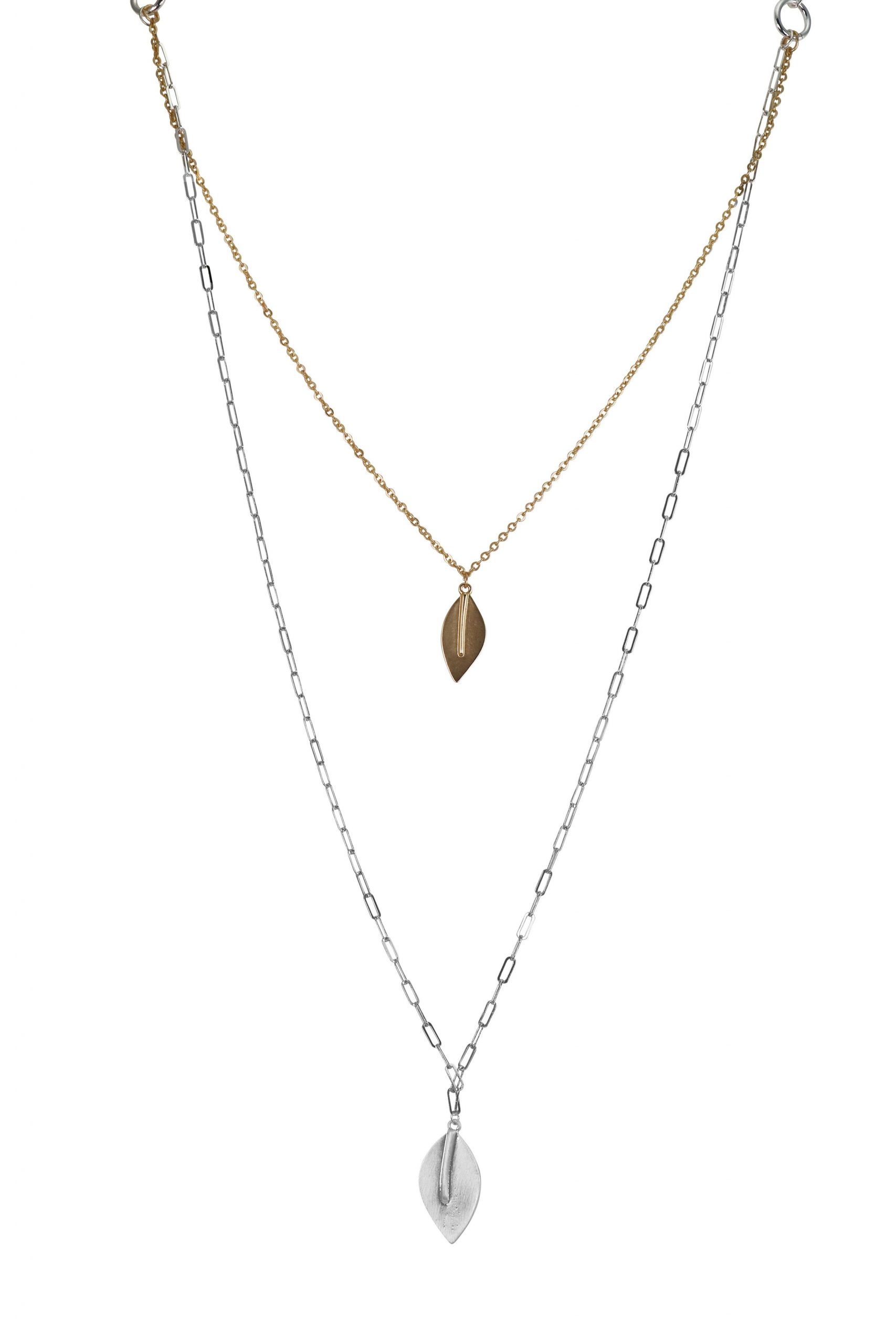Story By: Todd Simkover
After nearly ten years of front-line work in the autism field, in the spring of 2009 I faced a daunting decision: remain in a role deemed problematic to my mental health; or explore other career options. This decision was further complicated by the fact that I myself was on the autism spectrum and struggling to navigate a working environment clearly designed without much anticipation and/or foresight of support staff actually being autistic themselves. Non-disclosure is another layer to the complexity, as despite receiving my diagnosis of Asperger’s Syndrome in 1994 at the age of 15, I hid this label from not only friends and romantic partners, but even from my colleagues! The turning point in conceptualizing a business model centred around using my unique lived insights to empower others occurred shortly prior to my July 2009 resignation from residential support assistant role, when I disclosed my secret to a few trustworthy friends and colleagues. This decision set the stage for my eventual autism activism, research, professional writing, motivational speaking and consultation work. Starting with my childhood struggles in school, this article describes key developments along my autism self-advocacy journey and also demonstrates how my resilience inspired my unique business vision.
Pinpointing the Mystery
Like many on the autism spectrum born in the 1970s and 80s, getting to the bottom of the mystery behind my social and sensory differences was prolonged due to unawareness of milder forms of autism. For me, the journey began when I was four-and-a-half when I heard my mother lovingly say “Todd, you have a Learning Disability,” a phrase that stuck in my mind despite not initially knowing its meaning! This was communicated to me shortly after completing a series of assessments at the Jewish General Hospital in Montreal, portions of which I still remember!
Growing up Anglophone in the “West-Island” municipality of Montreal, I attended the formerly named Protestant School Board, the system designated for “English-speaking” families and/or non-Catholics. I was placed in “Special Education,” which although geared for those struggling academically, did not sufficiently address my unique social and development needs. As such, I was lumped into classes with children with “learning” challenges, not necessarily those with difficulties in social communication. These outcomes were further influenced by insufficient staff training, as all but a few teachers sought to understand my triggers, and instead brought and once even ‘dragged’ me to the office, where I sat and sat, without ever being asked what I was thinking and feeling!
Interconnected to my tendencies of getting in trouble at school were struggles relating to my peers, many of whom teased and bullied me. In addition to unacceptance, I also felt humiliated in instances such as in Gym class, where team “captains” routinely chose me last, an outdated practice that lacks anticipation of equity and sensitivities of those inclined to be excluded.
While all of this was happening, I was also selectively mute, to which due to extreme shyness I did not speak to anyone other than my immediate family. Since the education system at the time was catered for educating fully verbal students, after a series of family meetings in the middle of grade three I was transferred to a The Douglas Hospital, where I felt much more comfortable and eventually SPOKE!
Fortunately, things improved even more upon moving to Toronto with my family in June 1991, where I attended grade six that fall, remarkedly without any significant teasing or bullying experiences in the special education class for grades 4 – 6. However, this sense of tranquility and peace was short-lived, as unfortunately upon entering high school a few years later I reexperienced severe forms of bullying, including by “juveniles” and “gangs,” whom I was not sufficiently warned of to not confront! Fortunately, the bullying subsided in the later high school years and even managed to make a few close friends, despite some proving out to be chronic “users” upon getting my driver’s license – That’s a story for another time!
The turning point towards getting an accurate diagnosis occurred at the age of fifteen, in which I questioned my parents about a previously overheard conversation, in which my dad referred to a former psychologist’s claim of possible autistic traits as “ridiculous.” This was shortly after I had watched a film about a mildly-autistic adult and as such, suggested to my parents that the claim by the psychologist might well have been accurate! Unbeknownst to me at the time, this was my first real demonstration of self-advocacy, since shortly thereafter an assessment was arranged in which I was labeled with a mild form of autism called Asperger’s Syndrome (Asperger’s), something I mistakenly believed to be pronounced “Ass-BURGERS” for several years!!!!!!!! I was referred to a therapist whom I saw regularly for a year and as a result, improved immensely with self-esteem and confidence!
Coming to terms with my Diagnosis & Discovering Autism ‘Rocks’
Despite this improvement, I kept my diagnosis a secret for many years due to both resentment and shame of having a rare diagnosis that I perceived to be stigmatized. In addition to concealment from my friends and romantic partners, for over seven years I worked front-line with autistic adults without informing neither them nor my coworkers that I was in fact on the spectrum myself!
The turning point towards being more open about being autistic occurred in my late twenties upon becoming more informed of the BENEFITS of being on the autism spectrum, inspiration from a coworker, who was overly eager to tell everyone in the workplace that he “has Asperger’s”! It was around this time that I gradually revealed to my friends of my “difference,” which attracted a broad-range of responses, some of which were rather memorable:
- “I had no idea!” (coworker)
- Complete silence plus BIG GRIN (coworker who I suspect was thinking “I suspected this all along over the past 10 years, but it’s funny you’re telling me at your farewell party!”)
- “I suspected you had Asperger’s” (Former supervisor)
- “You know, I always thought there was something different about you!” (Bald friend with goatee)
- “I don’t think you have it!” (Ex girlfriend)
- “Are you like Rainman?” (don’t recall who said it but it was a MORON!)
(*Rainman is a reference to autistic savant character Raymond in 1988 Award-winning film Rainman)
- “Oh, you can DRIVE? Good for YOU!” (Clueless woman from a dating site I went on a date with)
Following this “coming-out with Asperger’s” phase, in the fall of 2009 I reconnected with a few key professionals from my past, including my favourite and coolest college professor Donald Eason, as well as autism-focussed therapist from my adolescence Dr. Kevin Stoddart. Besides complementation on my decision and bravery, I was encouraged by them to connect with key organizations and professionals within the developmental services field. I took their advice and volunteered in a range of capacities, including cofacilitating autism programs/support groups, delivering presentations on my “lived” journey, and participating in autism working groups on transitions to postsecondary schooling and lifespan issues. As a result of these activities, I became both more empowered and highly informed on key issues facing the autism community. This led me to further expand my advocacy activities, which included attending my first ever autism conference the spring of 2010, which took place in Hamilton Ontario. Moreover, early that summer, I traveled to Barrie Ontario for a presentation by Dr. Temple Grandin, arguably the most influential and accomplished autistic self-advocate alive today. Stressing that “the world needs all kinds of minds,” she explains that people on the spectrum think in highly unique ways and advocates for greater recruitment initiatives, especially in software, engineering, and science industries. While I was later inspired by other prominent self-advocates, Temple Grandin had the most profound impact on influencing me to think more positively about being autistic. As a very nostalgic individual, I often capture various aspects of such events through photography and as such, have included some of the most impactful to me below:
Meeting Dr. Temple Grandin for the 2nd time
(Geneva Centre for Autism Symposium, 2014 – Toronto)
Check out her website here for more insights into her journey:
https://www.templegrandin.com/
(Geneva Centre for Autism Symposium, Fall 2016 – Toronto)
Highly-accomplished Autism self-advocate author, speaker, and professor specialising in Self-advocacy
Check out his super-cool website here: https://drstephenshore.com/
Neurodiversity Flag Raising Ceremony
(Rotunda – Toronto City Hall, Spring, 2019)
Check out my blog post for more insights into this occasion:
My first-ever “officially” public speech – Autism Awareness Day)
(Rotunda – Toronto City Hall, Spring, 2018)
***NOTE: Mayor John Tory was present and congratulated me on my speech – that was the FOURTH TIME meeting John Tory! – Mayor Tory is looking up at the flag in the 2nd photo!
Returning to post-secondary for my Master’s
Despite being extremely challenging and stressful, my decision to return to university in the Fall of 2010 for a Masters degree after several years away from school was an incredibly rewarding and proud experience for me. Through Toronto’s York University, I studied Critical Disability Studies, an M.A. program educating students on past and current issues, recent policy changes, and human rights legislation pertaining to disability. I completed my degree part-time and graduated four years later in in the spring of 2014 with a straight-A average! Despite the role of diligence, I believe this achievement was mainly due to availability of disability supports in the form of accommodations, bursaries, and mentorship. Below are my some of the achievements during my time there I am most proud of:
- Masters in Critical Disability Studies, York University (Fall, 2010 – Spring 2014)
This program informed me about past and current issues, recent policy changes, and human rights legislation pertaining to disability. This education and experience have opened my eyes to a variety of issues facing people with disabilities and has enhanced my passion to advocate for change. Moreover, my thesis on autism and employment barriers
Additionally, as part of my extra curriculum I participated in a Career Development Mentorship Program for s students with disabilities (2011-2014)
Career & Business Development
My journey towards entrepreneurship was much harder than anticipated, however I later achieved my vision through support from business development programs and coaching, listed below:
- Attended Business Development programs (2015 – 2019)
- Received one-to-one business coaching (2018 – 2022)
Having found my voice as a proud Autistic individual, I envisioned to create a business within the autism consulting profession, however my precise niche (my edge) was not finetuned until 2016 when I decided to specialize in “self-advocacy”. Through a neurodiversity-focussed coaching model, since it’s launch in the summer of 2018 Autism Self-advocacy Services educates and empowers Autistic adolescents and adults to navigate services or processes, and confront barriers in career, education, and other key areas of life.
Sign up to our newsletter if you want to see more content from The Graceful Boon! By signing up to our newsletter, you'll get an even more in-depth content from yours truly, Stacie Kiselman, who's our Graceful Boon, that you won't want to miss out on.


